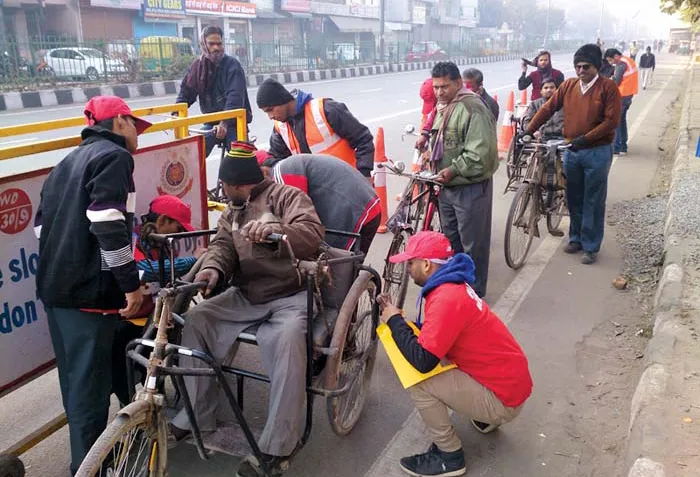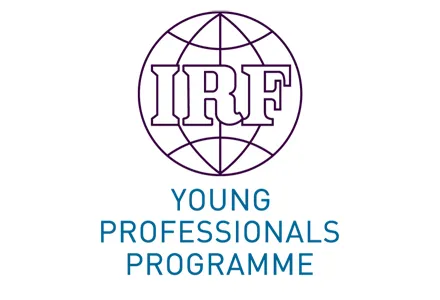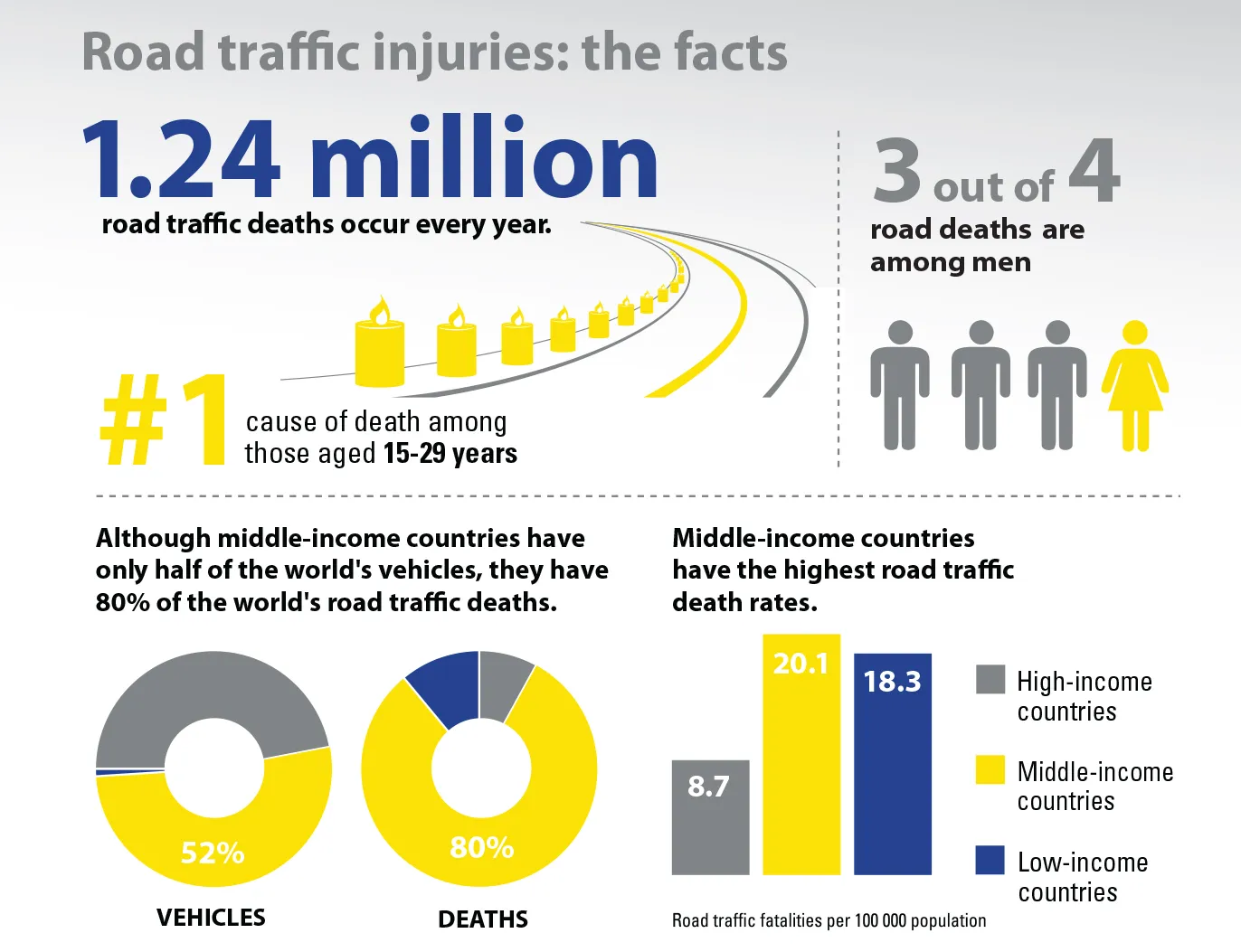IRF’s India Chapter launches major drive to promote the conspicuity of cyclists
Road accident deaths in India are among the highest in the world. Cyclists constitute a particularly vulnerable category of road users with more than 6,800 estimated to have lost their lives on the country’s roads in 2011 alone. A large proportion of the fatalities can be attributed to nothing more than the fact that cyclists are not always sufficiently conspicuous to other road users.
To address this tragic state of aff
March 13, 2014
Read time: 3 mins

IRF’s India Chapter launches major drive to promote the conspicuity of cyclists
Road accident deaths in India are among the highest in the world. Cyclists constitute a particularly vulnerable category of road users with more than 6,800 estimated to have lost their lives on the country’s roads in 2011 alone. A large proportion of the fatalities can be attributed to nothing more than the fact that cyclists are not always sufficiently conspicuous to other road users.
To address this tragic state of affairs, and the major social trauma and costs arising from it, IRF has launched - at the instigation of1201 IRF Geneva chairman, Kiran K Kapila and NK Sinha, chair of the India Chapter - a major campaign to equip bicycles with reflective tape designed to enhance their visibility, particularly in low light and night-time conditions.
The campaign, which is being conducted in close consultation and cooperation with the1143 Ministry of Road Transport and Highways and the Traffic Police – with the support of IRF member company 152 3M and Avery Dennison- has been initiated in Delhi. A target of one million bicycles to be fitted at zero cost to the end-users has been set for the city and the programme is currently being implemented in 57 strategic locations in accordance with a five-phase plan.
Already, in the Western zone of the city, some 50,000 bicycles have been fitted with 3M and1540 Avery Dennison retro-reflective tape and the campaign has generated auspicious interest and awareness among cyclists throughout the city, who are coming forth in large numbers to benefit from IRF India Chapter’s project.
It is now planned gradually to extend the campaign, first to other metropolitan and urban areas and then to key non-urban areas. Through this simple but highly effective road safety initiative, IRF India Chapter aims drastically to reduce the death toll among vulnerable road users on India’s roads.
Bearing in mind the preponderance of two-wheelers and mixed traffic conditions in many low and middle-income countries, the programme also carries significant potential for replication in other parts of the sub-continent and beyond. Indeed, the Global Road Safety Partnership (GRSP) has estimated that there are some 800 million bicycles in the world, twice the number of cars: “In Asia alone, bicycles currently carry more people than all the world’s cars. Nevertheless, in many countries, bicycle injuries are not given proper recognition as part of the road safety problem and attract little research.”
For more information, contact: %$Linker:2 Email <?xml version="1.0" encoding="utf-16"?><dictionary /> 0 0 0 oLinkEmail [email protected] email: [email protected] false mailto:[email protected] true false %>
Road accident deaths in India are among the highest in the world. Cyclists constitute a particularly vulnerable category of road users with more than 6,800 estimated to have lost their lives on the country’s roads in 2011 alone. A large proportion of the fatalities can be attributed to nothing more than the fact that cyclists are not always sufficiently conspicuous to other road users.
To address this tragic state of affairs, and the major social trauma and costs arising from it, IRF has launched - at the instigation of
The campaign, which is being conducted in close consultation and cooperation with the
Already, in the Western zone of the city, some 50,000 bicycles have been fitted with 3M and
It is now planned gradually to extend the campaign, first to other metropolitan and urban areas and then to key non-urban areas. Through this simple but highly effective road safety initiative, IRF India Chapter aims drastically to reduce the death toll among vulnerable road users on India’s roads.
Bearing in mind the preponderance of two-wheelers and mixed traffic conditions in many low and middle-income countries, the programme also carries significant potential for replication in other parts of the sub-continent and beyond. Indeed, the Global Road Safety Partnership (GRSP) has estimated that there are some 800 million bicycles in the world, twice the number of cars: “In Asia alone, bicycles currently carry more people than all the world’s cars. Nevertheless, in many countries, bicycle injuries are not given proper recognition as part of the road safety problem and attract little research.”
For more information, contact: %$Linker:








